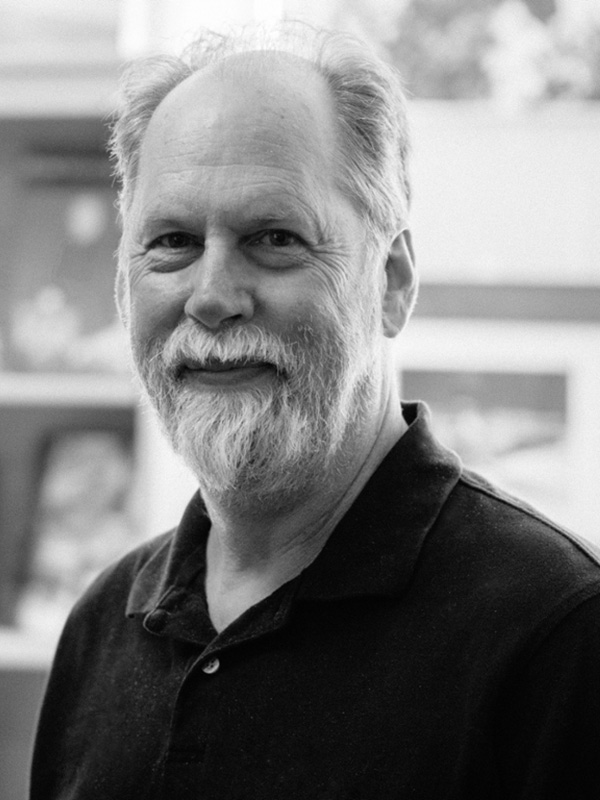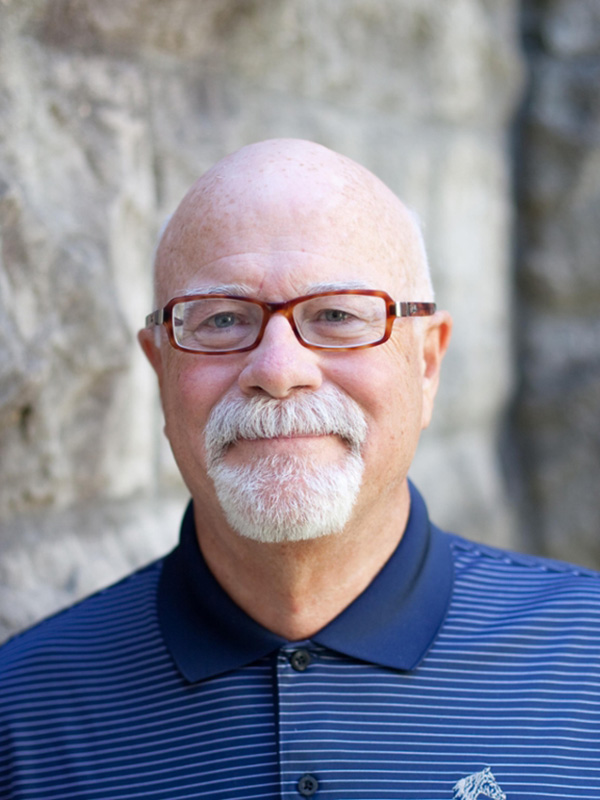Undoubtedly the latter seems the more impressive accomplishment to those of us in the English department, but perhaps just as impressive are the highlights that didn’t make the cut: any of Dr. Watt’s 14 books, more than 50 published articles and reviews, chairing around 20 successful dissertation committees (and serving on around 40 more), five successful years as chair of the English department, two more years as Associate Dean for Undergraduate Education in the College of Arts and Sciences, and the list goes on.
Dr. Watt’s route to IU was an unusual one. His graduate education began in tiny Laramie, Wyoming where he received his M.A. in English literature before applying to English Ph.D. programs around the country. He would eventually turn down an acceptance to Cornell’s English Ph.D. program (“They didn’t fund me, and my dad said ‘Are you crazy? You’re not going there!’”), opting instead to enter the program at the University of Illinois, where he graduated in 1982. When Dr. Watt arrived at IU in 1985, he established himself as an important contributor to the burgeoning field of Irish Studies, often pairing that scholarship with his interest in drama and theater to produce many of his early articles, culminating in his second book, 1991’s Joyce, O’ Casey, and the Irish Popular Theater. Many years and many books later, and after authoring more than a few canon-altering contributions, Dr. Watt was characteristically modest about his influence on a field of study he helped establish: “I like to think I contributed to a fuller understanding of Irish popular performative culture’s influence on the modernist moment.” Yet there is more to Dr. Watt’s oeuvre: one would be remiss in not mentioning, for instance, his impressive 2015 study, “Something Dreadful and Grand”: American Literature and the Irish-Jewish Unconscious, or his multiple books on the state of higher education in collaboration with Cary Nelson. His current work (perhaps his most audacious yet) aims to marry contemporary political critique to literary and cultural studies, foregrounding Seamus Heaney, Joe Biden, and Donald Trump, among others.
Prolific scholarship aside, Dr. Watt is remembered fondly by his colleagues in the College of Arts and Sciences as “a model university citizen,” notable for his “hands-on approach to the day-to-day work,” but also as an “honest broker” who piloted many successful projects to safe harbor through the turbulence of university politics. Undergraduate and graduate students alike will miss his lively classrooms, and his colleagues in Ballantine will remember his many years of service: “He worked so hard for the benefit of everyone while balancing such a full plate…just an extremely generous person.”



 The College of Arts
The College of Arts